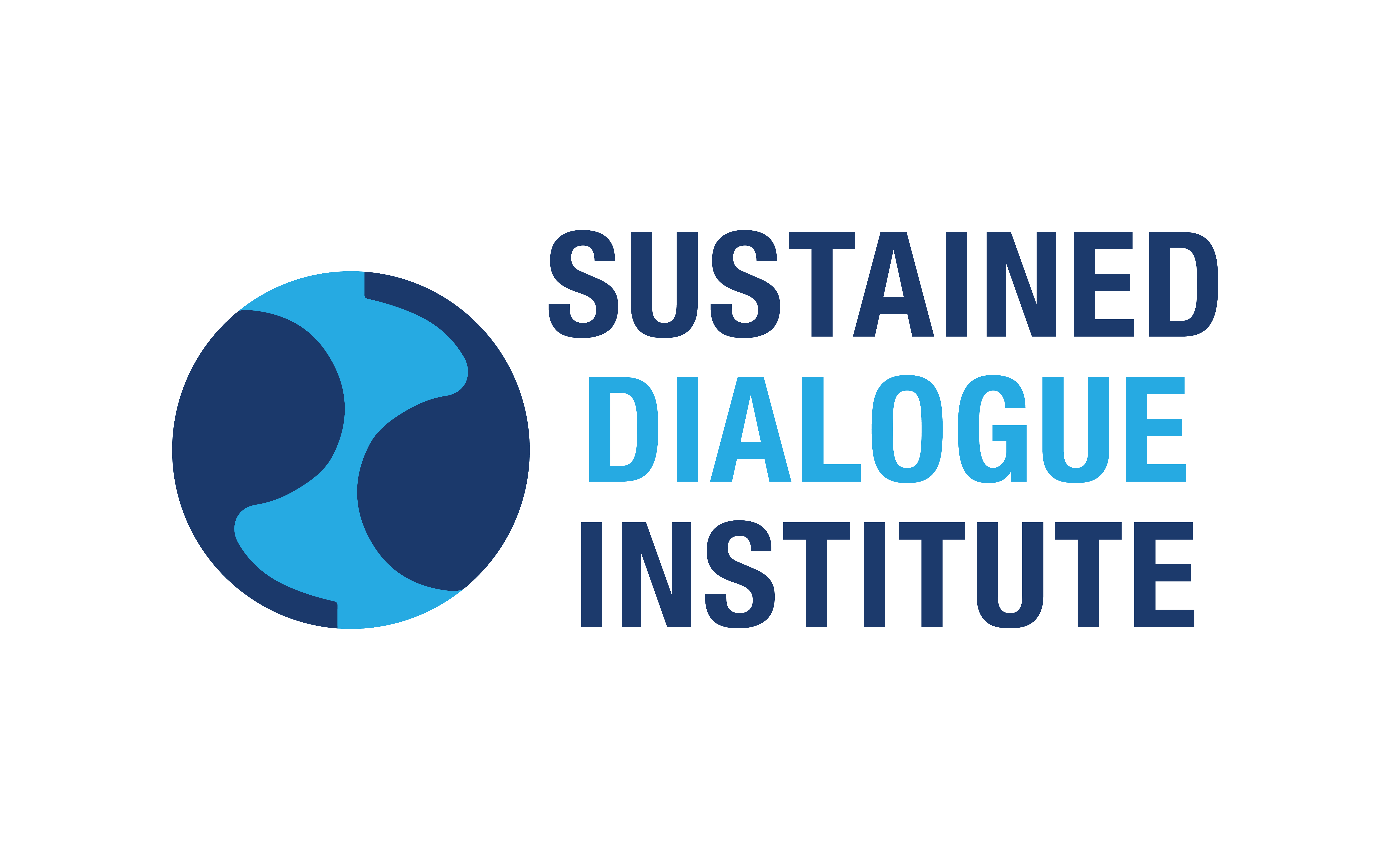Chapter Authors: Cecilia Albin, Andreas Jarblad
Online preview: Link
Available in: Ways Out of War: Peacemakers in the Middle East and Balkans, Edited by Mona Fixdal
Chapter Abstract:
DR. HAROLD H. SAUNDERS STANDS OUT AS HAVING DEVELOPED a systematic approach to peacemaking based on extensive high-level experience. He has moved easily between the worlds of scholarship and policy, and brought his experience from one arena to bear on the other. As US Assistant Secretary of State for Near Eastern and South Asian Affairs, Saunders played a key role in mediating five Arab-Israeli agreements between 1974 and 1979: the two disengagement agreements between Israel and Egypt, the disengagement agreement between Israel and Syria, the Camp David accords, and the Egyptian-Israeli peace treaty. After leaving government service in 1981 Saunders became a member of the Dartmouth Conference, the longest continuous dialogue between Soviets and Americans, and the US co-chair of its Regional Conflicts Task Force. He designed a sustained dialogue process among citizens in war-torn Tajikistan, and from 1993 to 2007, he co-moderated the Inter-Tajik dialogue. At the same time, Saunders has continuously kept a foot in academia—both as a researcher (including for 10 years at the American Enterprise Institute for Public Policy Research and then at the Brookings Institution) and as a university lecturer. Since 1991, he has been director of international affairs at the research organization The Kettering Foundation. Since 2002, he has also headed the International Institute for Sustained Dialogue in Washington D.C., which through training, intervention, and research supports dialogues designed to transform deep-rooted conflicts.
